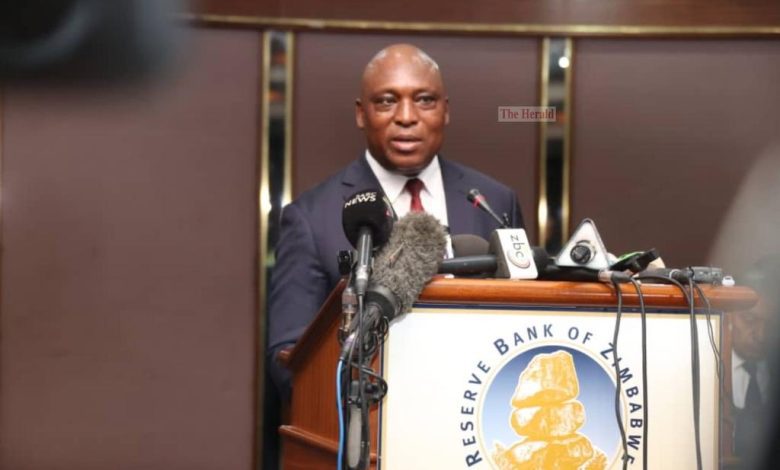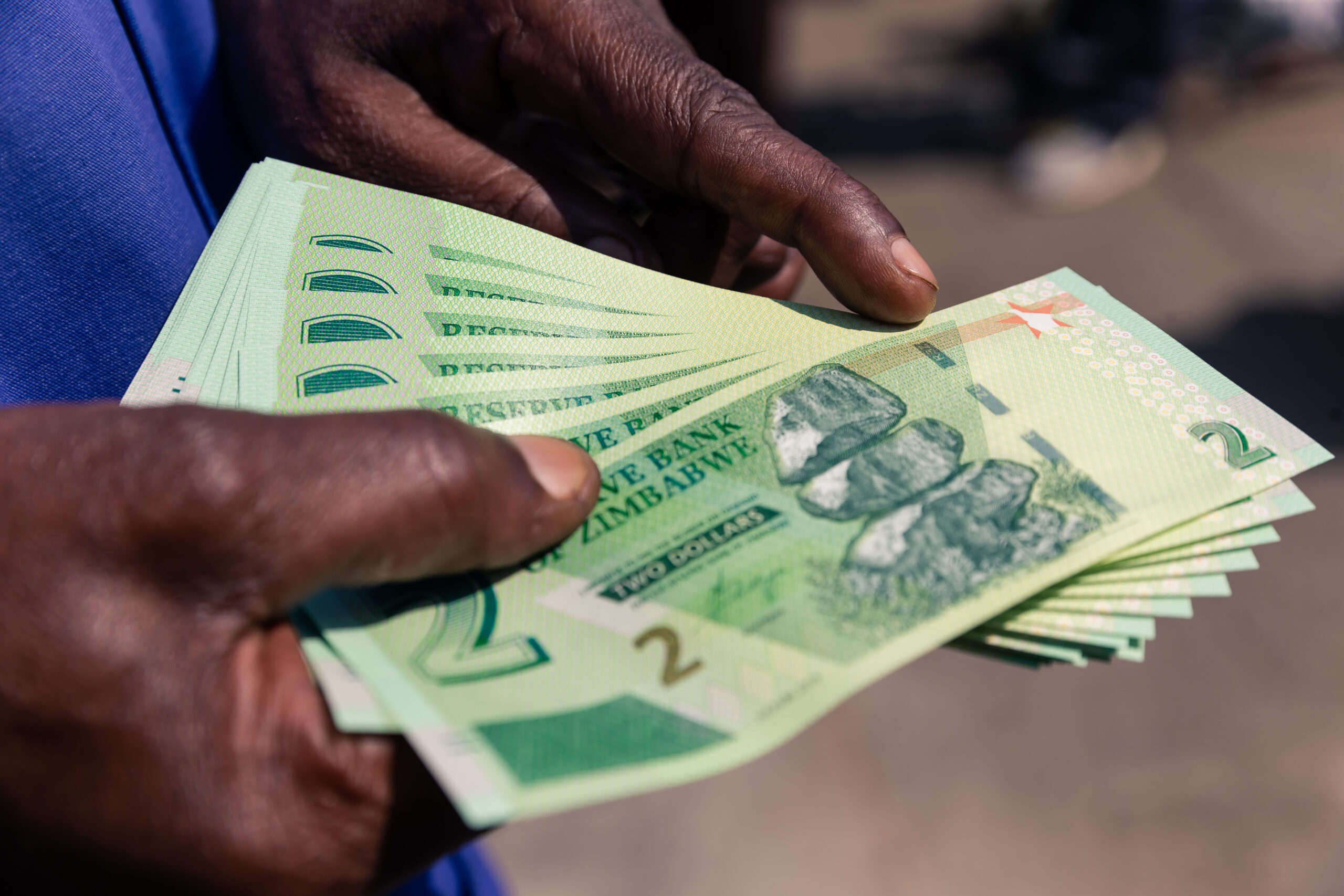Let’s not abandon Zimdollar
The continued use of our Zimbabwe dollar carries more benefits than a strong USD currency.
Worldwide, the reasons for dollarisation are usually the same and these are; currency instability, hyperinflation, market imperfections and chronic shortage of foreign currency.
Such a situation is usually brought about by a mixture of factors such as poor macroeconomic policies, fiscal and balance of payments deficits and unrestrained monetary expansion.
In Zimbabwe, recently there have been calls for a full dollarisation from economists, industrialists and the general urban populace. Currently, there is a multi-currency system in place.
Full dollarisation can at least in the short term, promote economic stability and restore confidence in the economy thus providing solutions to the problems alluded to above.
Research suggests that for a developing country like Zimbabwe with its neighbouring countries which also have volatile currencies, the continued use of our Zimbabwe dollar carries more benefits than a strong USD currency.
Full dollarisation at this point will not benefit industrial growth in Zimbabwe. However, in the long-term, the ideal situation would be to have a country putting in place its own credible domestic currency.
However, the rush towards full dollarisation can often overlook some costs that maybe incurred by a country in this process. A common cost often mentioned in this regard is the dilution of state sovereignty, where a country no longer has control over its own economic affairs and destiny.
In Zimbabwe, there is a general perception by the populace that USD is overvalued. In 2015, the RBZ confirmed that the USD in Zimbabwe was overvalued by 45 percent.
Furthermore, a point often overlooked in discussions or literature is that the impact of full dollarisation differs according to the demographics of a country. For instance, the negative impact of dollarisation on formal and informal businesses, urban and rural population may differ in severity.
The situation on the ground will show that the most affected are the informal business sector and the rural population. Research shows that in 2020, Zimbabwe informal sector and rural population stood at 85 percent and 67, 76 percent respectively.
From the writer’s experiences through interactions with both the informal sector and rural population, these are the segments of the population that are likely to be adversely affected the most by full dollarisation.
It is commendable that the government has already put measures in place to strengthen the use of the local currency such as payment of mining royalties and duty for designated vehicles in local currency for up to 50 percent.
The desired objective is to have both buyer and supplier have options to use a currency of their choice, not a situation where the supplier dictates the currency to be used.
The argument in this article for not abandoning the Zimbabwe dollar currency is largely anchored on the challenges that both the informal sector and the rural population will encounter as a result of full dollarisation. These challenges are discussed below separately.
Informal sector
The informal sector in Zimbabwe is now the largest employer in the economy and supports many livelihoods. These businesses sell their products and services both in USD currency, as well as local currency.
However, they need USD currency to replenish their stocks and yet this currency is not
readily available. On the other hand, while they accept the local currency for the purchase
of their goods and services, this currency is rated against the black market rate which is
changing at a bewildering pace.
Such a volatile state of affairs threatens the very existence of the informal sector. There
is also inadequate USD currency in circulation and the situation is compounded by the
virtual absence of smaller denominations for change purposes.
Street cash traders have taken advantage of the situation and now sell small USD notes at
a premium and this is a cost push which has a negative impact on business.
The USD currency has also been used in other circumstances to the detriment of the
ordinary person. For example, putting air pressure at a service station one is charged
USD1,00.
The challenges faced by the ordinary person in using the USD currency can also be dramatized further. Zimbabwe Premier Soccer League had pegged the lowest match ticket price at USD20,00 in October 2021, however there was an outcry which resulted in the price being reduced to USD10,00 and still fans could not afford this ticket price.
Following consultations, the ticket price was finally reduced to USD3,00. In the circumstances, it may be asked what therefore the actual price of the ticket was? Under the current Zimbabwean situation, it is a tall order to expect an ordinary person to raise USD20,00 or USD10,00 in order to watch a match. It should be remembered that most of the football fans are from the informal sector where it not easy to raise the USD currency.
The people now in the informal sector, historically have looked after their relatives in the rural areas. This important role has been undermined by the use of the USD currency which is not easy to acquire by those operating in the informal sector.
Rural population
Research has demonstrated that the use of foreign currencies tends to have the effect of deepening poverty in rural areas where the majority of Zimbabwe population live.
In rural areas, transactions are done in local currency or through barter deals. However, when rural dwellers intend to buy certain goods and services, they are charged in foreign currency they can ill-afford to raise.
Therefore, full dollarisation would severely disempower an already impoverished community.
The rural population may also not be fully acquainted with value allocation to their goods and services when trading in USD currency.
This author encountered a situation, where a rural seller of a dish of raw fresh groundnuts was charging USD1,00. The author interviewed the subsistence farmer on why she was selling her product at such a low price.
Her response was that she wanted money to pay for the milling of a bucket of maize.
The author could tell that the lady had no idea of the value of USD and offered to pay
USD5,00 for the dish of raw nuts.
In the same vain, rural farmers have been at the mercy of middlemen who buy their
products such as cattle and maize at well below their market value, thereby promoting arbitrage.
From the above, it can be seen that full dollarisation, is not something that a country should rush into because the consequences in some cases can be worse than the cure. In the long-run, and as suggested earlier, a country is better off, with its own credible local currency.
Bernard Gwarada is a Business consultant and a Doctoral student focusing on entrepreneurial
innovation at Binary University. He has an MPhil in International Business from University of
Pretoria and an MBA. He writes in his own capacity. Feedback: blgwarada@yahoo.com-The Herald











